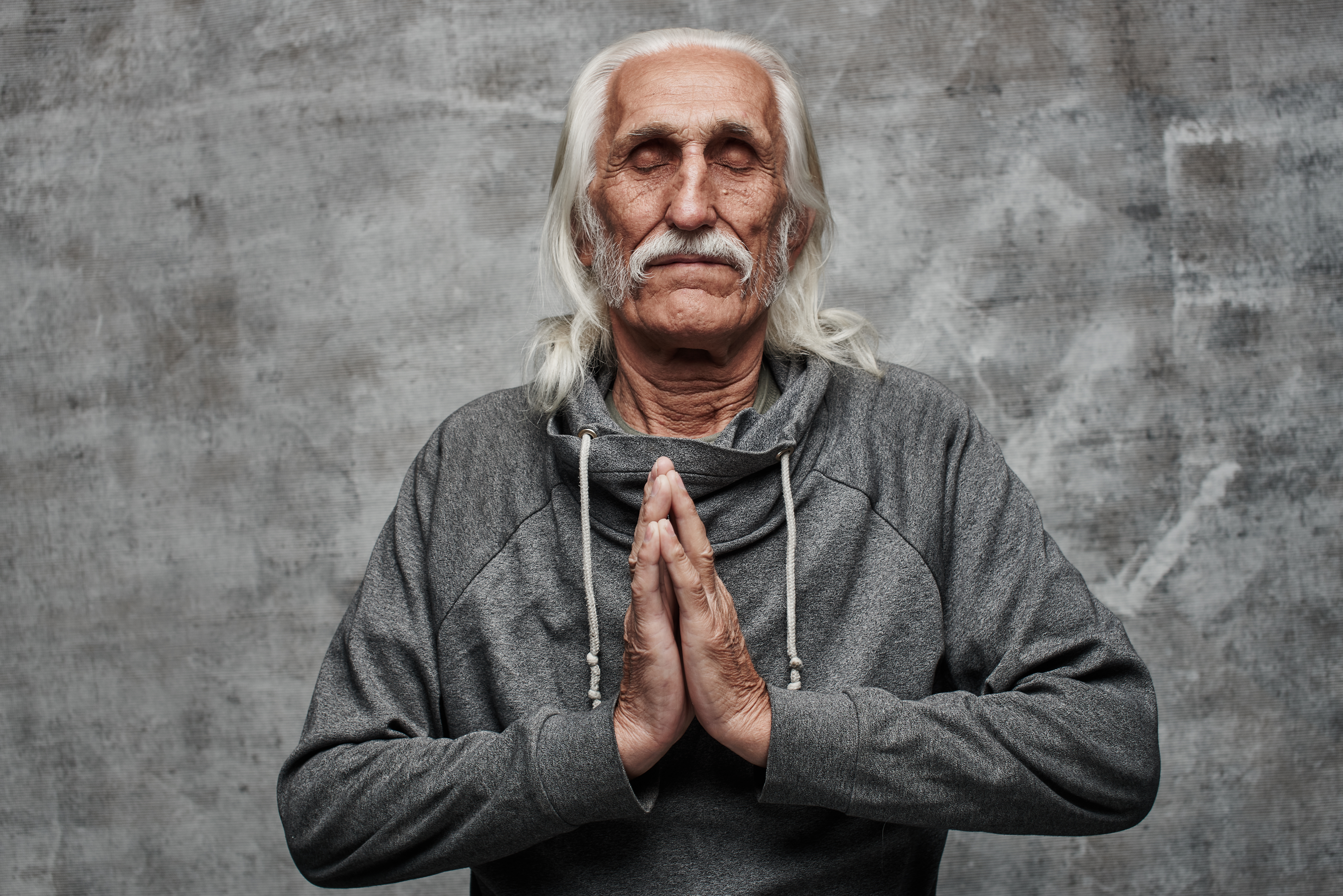- HOME
- SERVICES
- WHERE TO BEGIN
- LOCATIONS
- RESOURCES
- HEALTH PLAN SERVICES
- CAREERS
- EMPLOYEES

How to Practice Gratitude
How to Practice Gratitude
For many 2021 was another rough year full of worry, isolation and concern regarding the ongoing pandemic and other issues. It is understandable for seniors and their caretakers to get wrapped up in the negative aspects of their lives. However; dwelling in negativity can make our loved ones feel worse physically and mentally. Practicing gratitude is one way to help seniors (and ourselves as caretakers) deal with troubles and negative thoughts. Practicing gratitude is easy to do once one gets in the habit of it, and the benefits can be enormous. As we prepare for Thanksgiving and the rest of the holiday season it is the perfect time to get some practice.
What are some of the benefits of Practicing Gratitude:
Improves Health: Worrying and feeling negative all the time can impact our health. Practicing gratitude can lead to better sleep, less depression, and helps with chronic illness. It can also help increase energy or desire to “do more” in our day. Grateful seniors are more likely to exercise regularly and choose healthier foods, which is yet another boost to their health.
Strengthens Relationships: Being grateful can help improve a senior’s current relationships with family and friends. Having gratitude allows the senior to focus less on negative things and be more pleasant to be around. They are more likely to say “hello” to a stranger in the store or step up to volunteer where help is needed. Having gratitude the senior is more connected socially, therefore they feel less isolated and lonely.
Expands Life’s Meaning: Many seniors find it difficult to find purpose for their lives especially if they are facing less independence due to chronic illness or other concerns. Cultivating gratitude helps a senior view the bigger picture. When they choose to be grateful for the little things, they can get a sense for their overarching life’s purpose and give themselves credit for positive aspects of their life.
Improves Memory: Many seniors worry about their brain health. Practicing gratitude can help improve memory. Grateful people are more likely to recall past experiences in a more positive manner. They savor the good times and are better equipped to cope when hard times come their way.
Builds Self-Esteem: Finally, gratitude builds self-esteem. Many seniors struggle with low self-esteem in their later years. Change in appearance and impact or lack of familial and social relationships can contribute to this. Practicing gratitude helps seniors stay grounded, reminds them that they are valuable, and reduces social comparison.
Tips on How to Practice Gratitude
When helping a senior in your care to practice gratitude, try not to implement too many things at once. Take it slow, and encourage them throughout.
Here are a few tips senior caregivers can try:
- Instead of just going for a walk, go for a mindful walk. Point out the beautiful things around you and encourage them to appreciate it as well, like a pretty flower, the clouds, or the child playing with their dog in the park.
- Do a guided meditation with the seniors in your care, where you encourage them to focus on the things they are grateful for.
- When going down memory lane, concentrate on the positive memories and not the difficult times.
- Try creating a gratitude journal. Focusing on the people, events, and experiences that have a positive impact on our lives for only five minutes a day can help us to be more grateful for what we have.
- Writing gratitude letters can help to hone in on the people that are special to us and the positive things that happen in our lives. There’s no need to send the letters out if the seniors in your care would rather keep them private.
- Making eye contact, smiling, or complimenting someone can do wonders.
- Watching inspiring or funny videos can help remind us of the good there is in the world.
- Thanks and gratitude can be shared during meal time while encouraging everyone to participate.
- If the senior is able to, they can benefit immensely from helping others. Here are some ideas of meaningful activities they can help with:
- Spending time at the local animal shelter to care for, play with, or to take an animal for a walk.
The Power of Practicing Gratitude
We shouldn’t ignore the hardships of the seniors in our care as if they doesn’t exist. They need our validation and recognition for the things that hurt, physically or emotionally. As home caregivers, we can’t change their fears and negative emotions, but we can help them to be grateful every day to enhance their lives and help them internalize and feel some positivity as we head into the holidays.
